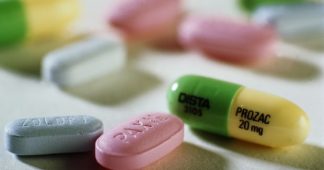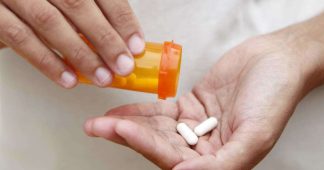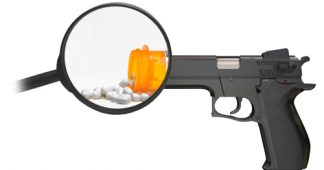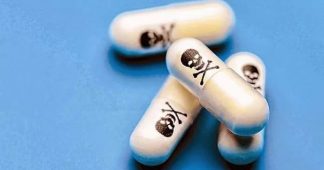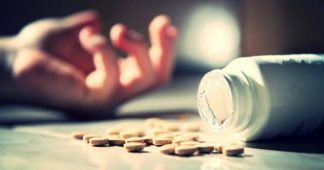by Ethan A. Huff
January 03, 2015
Children who take mind-altering medications like Ritalin (methylphenidate) and Adderall (amphetamine and dextroamphetamine) for attention deficit hyperactivity disorder (ADHD) have been shown in a new peer-reviewed study to perform worse in school than if they weren’t taking the substances at all.
Researchers from Princeton University, Cornell University and the University of Toronto found that the administration of these drugs to children, which is supposedly to help them remain calm and focus in class, actually leaves students at a deficit when it comes to paying attention and learning in a formal academic setting.
These shocking findings, which were published recently in the Journal of Health Economics, reveal that increasing the use of stimulants isn’t helping children any more than loading them up with anti-psychotic medications helps them think more rationally. Once again, pharmaceutical drugs are shown to harm the normal thought process and inhibit natural human cognition.
Back in 1997, some rules changed in the Canadian province of Quebec that made it easier for people to access prescription drugs. In the 10 years following this change, the number of children taking stimulants in Quebec more than doubled, with an astounding 44 percent of Canada’s ADHD prescriptions now going to the province.
This massive increase made for an easier time studying the outcomes of ADHD drugs in children, the results of which are sure to surprise many parents. Based on the researchers’ work, children on ADHD drugs fared slightly worse than other children and were far more likely not to finish school without having to first repeat a grade, suggesting added learning impairment.
“We find little evidence of improvement in either the medium or the long run” from the use of ADHD drugs in children, wrote the authors. “Our results… suggest that expanding medication in a community setting had little positive benefit and may have had harmful effects given the average way these drugs are used in the community.”
ADHD drugs aren’t safe, can cause permanent health damage
The obvious irony here is that many a parent has been hoodwinked into drugging his or her child into a state of statue-like docility with promises that doing so would lessen classroom outbursts and improve learning capacity. To the contrary, the effects of these mind-altering medications is proving to be disastrous, potentially causing long-term brain damage in the process.
Psychologist L. Alan Sroufe addressed this in a 2012 opinion piece for The New York Times, warning that the long-term use of ADHD medications in children inflicts more harm than good.
“Sadly, few physicians and parents seem to be aware of what we have been learning about the lack of effectiveness of these drugs,” wrote Sroufe. “[W]hen given to children over long periods of time, [ADHD drugs] neither improve school achievement nor reduce behavior problems. The drugs can also have serious side effects, including stunting growth.”
In his piece, Sroufe, who admittedly has been treating “troubled” children for more than 40 years, expresses doubt that ADHD even exists and requires drug treatment. The “father” of ADHD, Leon Eisenberg, actually admitted to this on his death bed as well.
“To date, no study has found any long-term benefit of attention-deficit medication on academic performance, peer relationships or behavior problems, the very things we would most want to improve,” added Sroufe. “Putting children on drugs does nothing to change the conditions that derail their development in the first place.”
Sources:
Published at https://www.naturalnews.com/048181_ADHD_drugs_academic_performance_children.html
